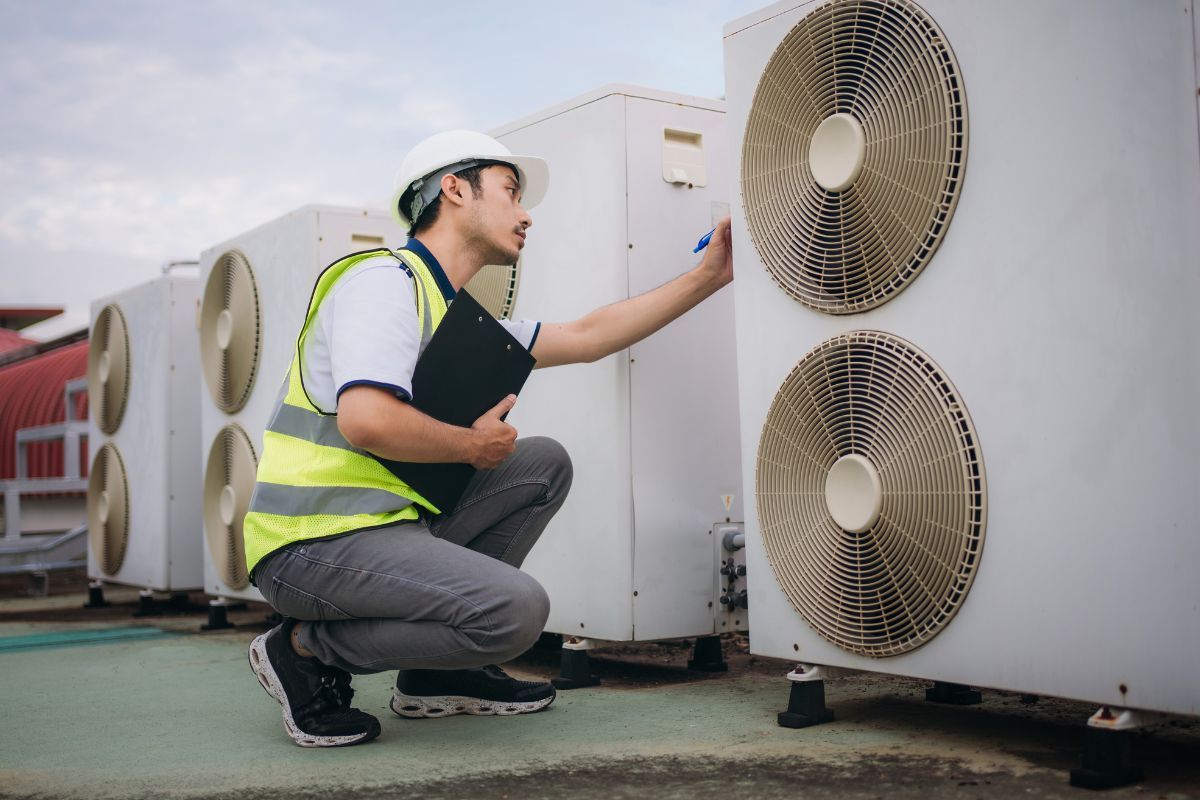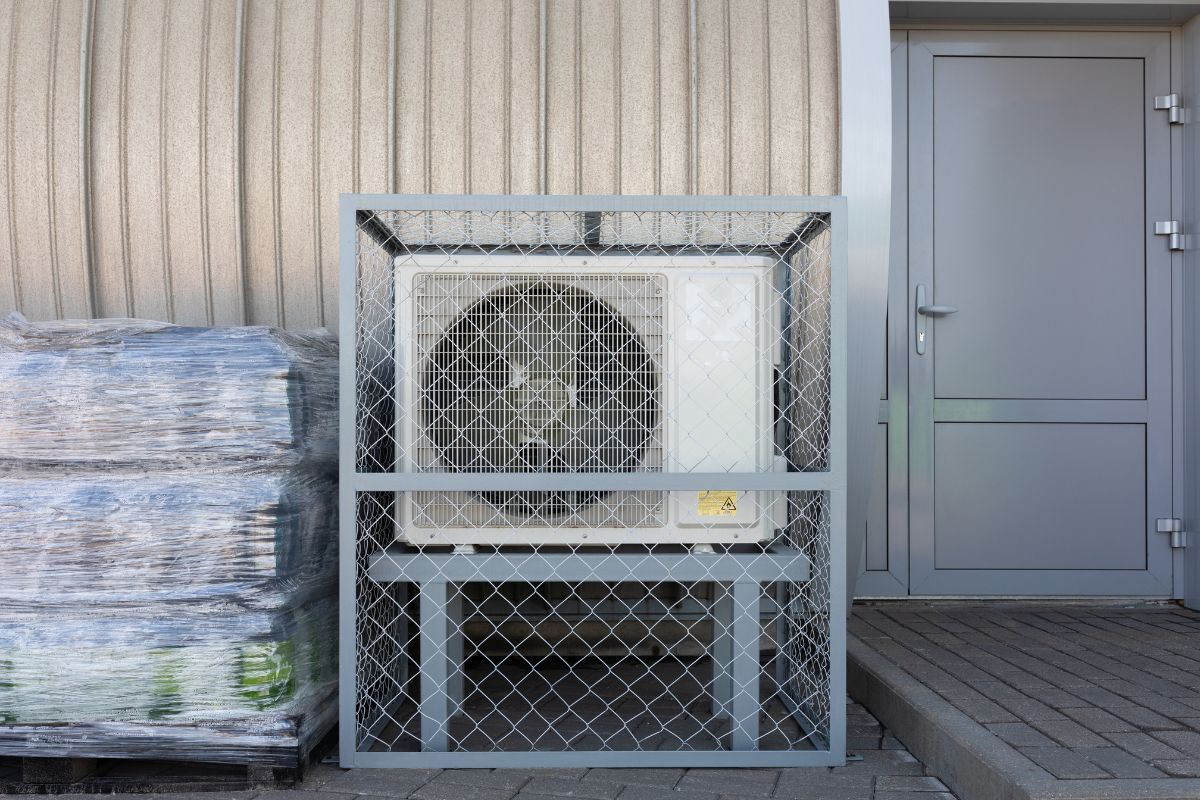Flooding can cause serious damage to your home, and your air conditioning system is no exception. Whether it’s due to heavy rainfall, storms, or rising flood water, your AC unit may suffer significant damage that affects its performance and longevity. Understanding how flood water impacts your air conditioning unit and knowing the right steps to take can prevent further damage and costly repairs.
At AP Refrigeration & Air Conditioning, we understand the challenges homeowners and businesses face after severe weather. This guide will walk you through how to inspect, repair, and prevent flood damage to your air conditioning system, ensuring your HVAC system remains in top condition.
How Can Flooding Impact Your Air Conditioner?
Immediate Risks to Your AC Unit
Flood water can cause extensive damage to your air conditioning unit, especially if the outdoor unit is submerged in standing water. Some of the key risks include:
- Electrical damage: Water can cause short circuits in electrical components, leading to potential fire hazards or complete system failure.
- Corrosion and rust: Prolonged exposure to water can cause rust on metal components, affecting the efficiency and lifespan of your AC system.
- Debris buildup: Heavy rain and flooding can bring mud, leaves, and other debris into your AC unit, clogging essential components and restricting airflow.
- Mould and mildew: Moisture trapped inside the air handler and ductwork can lead to mould growth, affecting indoor air quality and posing health risks.
Can Your HVAC System Withstand Flood Damage?
While air conditioners are designed to withstand typical weather conditions, they are not built to handle severe flooding. Prolonged exposure to water can damage numerous parts of the unit, including the condenser, compressor, and electrical wiring. Even small amounts of water can cause damage that may require extensive repairs or a complete replacement of your HVAC system.
Steps to Take After Heavy Rain or Flooding
1. Turn Off the Power
If your HVAC unit has been exposed to flood water, turn off the power at the circuit breaker immediately. This prevents electrical hazards and protects the system from further damage.
2. Inspect for Visible Damage
Once the water has receded, inspect your AC unit for signs of water damage. Look for:
- Debris buildup around the outdoor AC unit
- Standing water inside or near the HVAC system
- Burnt or damaged electrical components
- Rust or corrosion on metal parts
If you notice any of these issues, do not attempt to turn the unit back on.
3. Call a Professional for an AC Inspection

Flood damage to your air conditioner can be more extensive than it appears. Contact AP Refrigeration & Air Conditioning to schedule an AC inspection. Our experienced technicians will assess the extent of the damage, check for electrical issues, and determine whether repairs or replacements are necessary.
4. Do Not Attempt DIY Repairs
Flood damage can impact your AC unit’s wiring and refrigerant lines. Attempting DIY repairs can be dangerous and may cause further damage to your HVAC system. Always rely on a qualified HVAC technician to handle AC repair and maintenance after a flood.
Repair or Replace? Making the Right Decision
When Should You Repair Your AC Unit?
If your air conditioning unit has minor water damage and the electrical components remain intact, repairs may be possible. Common repairs include:
- Cleaning and drying internal components
- Replacing damaged air filters
- Repairing minor wiring issues
When Is Replacement Necessary?
In cases of severe flood damage, replacing your AC unit may be the most cost-effective option. Signs that your system may need replacement include:
- Persistent performance issues
- Extensive electrical damage
- Mould growth inside the system
- High repair costs that exceed the value of a new HVAC system
AP Refrigeration & Air Conditioning can help you determine whether repair or replacement is the best choice based on the extent of the damage and your budget.
Preventing Future Flood Damage to Your AC Unit
Elevate Your Outdoor AC Unit
Installing your outdoor air conditioning unit on a raised platform can help prevent flood water from reaching sensitive electrical components.
Keep the Area Clear
Ensure there is proper drainage around your AC unit. Clear away leaves, debris, and other obstructions that may prevent water from flowing away from the system.
Schedule Regular Maintenance
Routine AC maintenance is essential for preventing flood-related damage. Our HVAC technicians can inspect your system, clean key components, and identify potential vulnerabilities before the next heavy rainfall.
Use Protective Covers

Covering your outdoor AC unit with a weather-resistant tarp before a storm can help reduce debris buildup and prevent minor water damage. However, remove the cover once the weather clears to allow proper airflow.
Does Insurance Cover Flood Damage to Air Conditioners?
Many homeowners insurance policies do not cover flood damage unless you have a separate flood insurance policy. If your HVAC unit suffers flood damage, check your insurance policy to determine whether repairs or replacement costs are covered.
To file a claim:
- Take photos of the damaged AC unit.
- Contact your insurance provider.
- Obtain a professional repair estimate from AP Refrigeration & Air Conditioning.
- Submit the required documentation for processing.
Need Help? Contact AP Refrigeration & Air Conditioning Today
If your air conditioning system has been damaged by flooding, AP Refrigeration & Air Conditioning is here to help. We provide expert AC repair, maintenance, and replacement services to homeowners and businesses in Brisbane and surrounding areas.
Call us today to schedule an inspection and ensure your HVAC system is in safe working condition.









